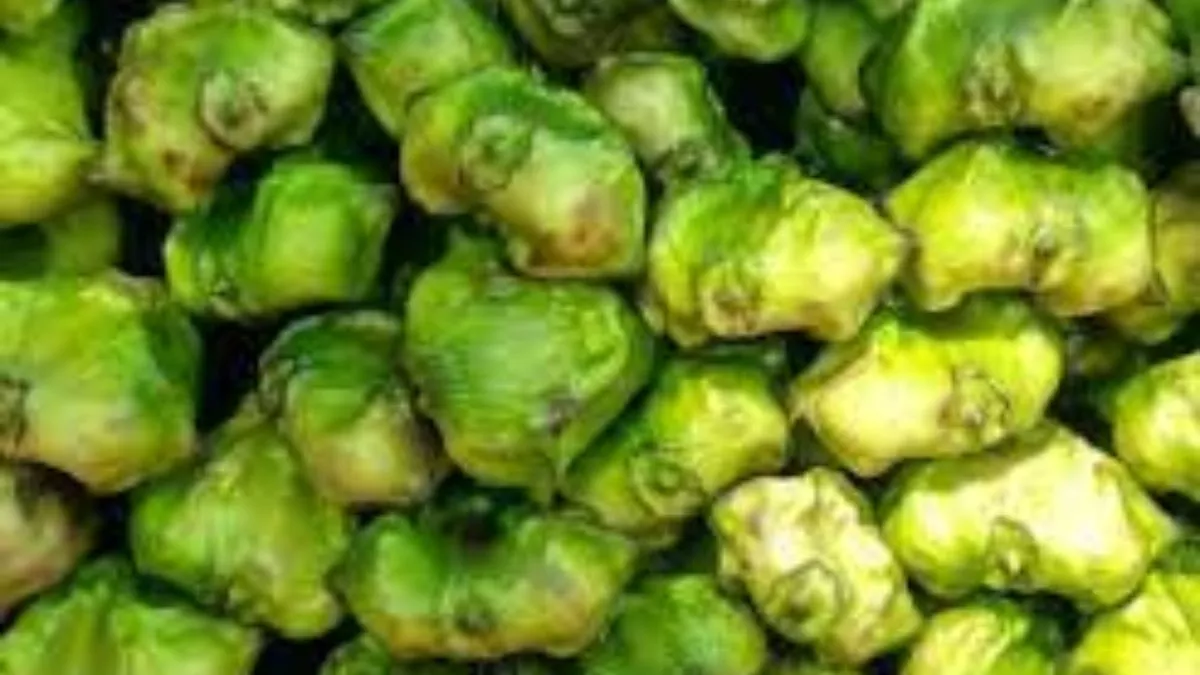
Foods during menstruation: Menstruation is a natural process that occurs every month in women. The first three days of menstruation are painful for most women. During menstruation, most women experience abdominal pain, muscle cramps, back pain, and pain in the legs and thighs.
During menstruation, our body produces hormones that cause the uterus to contract and help shed the uterine lining. Women experience cramps due to these contractions. These hormones cause leg pain, back pain, thigh pain, etc.

According to Dr Kate Shkodzik, MD, Medical Consultant and Gynecologist and Obstetrician at Flow Health UK Ltd. If your next period is due and you want to relieve the common premenstrual syndrome (PMS) symptoms you feel, So changing your diet can be the right way to deal with it.
During this, special care has to be taken of eating and drinking. Consumption of certain foods can increase menstrual pain. At such a time, it is necessary to pay special attention to diet. By avoiding certain food items in your diet, you can eliminate the problem of cramps. Consuming certain foods during this time can increase the problem of menstrual cramps. Let us know which foods should be avoided during menstruation.
Avoid cold foods
Avoid cold foods if you experience pain and discomfort during menstruation. Cold drinks, ice cream, curd, and buttermilk should be avoided in cold foods. Also, avoid eating citrus fruits and things kept in the fridge, this will give you relief from cramps and pain.
Avoid consuming heavy, spicy foods
Digestion starts deteriorating during menstruation and the problem of stomach upset can increase. That's why one should avoid eating excess food, meat, oily food, spicy food, and drinking milk and tea during menstruation. Consuming all these food items can lead to digestive issues and stomach problems.

Consume less coffee, tea and milk
During this, reduce the intake of tea, coffee and milk. Milk, tea and coffee can increase the problem of acidity, so their consumption should be minimized. The caffeine present in coffee and tea can increase cramps. Therefore, the intake of caffeinated foods and dairy products should be reduced during menstruation.










